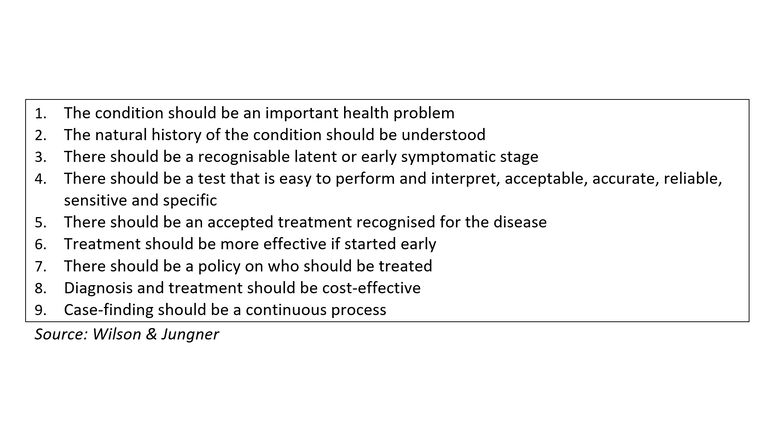News
Balance test shows risk of death: Study
The inability to stand on one leg for 10 seconds in mid-to-later life has been linked to a near doubling in mortality risk within the next decade.
 Standing on one leg measures some aspects of vision, proprioception, balance and strength.
Standing on one leg measures some aspects of vision, proprioception, balance and strength.
People in mid-to-later life who are unable to stand unsupported on one leg for at least 10 seconds are 84% more likely to die from any cause over a subsequent 10-year period, new research has found.
The observational study involved 1702 participants aged 51–75 (average age 61) at their first check-up who were asked to place the front of their free foot on the back of the opposite lower leg, while keeping their arms by their sides and their gaze fixed straight ahead.
Up to three attempts on either foot were permitted and only those with stable gait were included.
In all, around one in five (20.5%; 348) participants failed to pass the test. The inability to do so rose in tandem with age, more or less doubling at subsequent five-year intervals from the age of 51–55 onwards.
During an average monitoring period of seven years, 123 (7%) people died, with the proportion of deaths among those who failed the test being significantly higher: 17.5% vs 4.5%, reflecting an absolute difference of just under 13%.
Chair of RACGP Expert Committee – Quality Care Professor Mark Morgan described the study’s findings as ‘fascinating’.
‘Standing on one leg measures some aspects of vision, proprioception, balance and strength so it is a composite measure of function,’ he told newsGP.
‘The people who could not stand on one leg were older and more likely to have diabetes, obesity, or cardiovascular risks … [and had] higher death rates from all sorts of causes.
‘In this group, deaths were 32% cancer, 30% cardiovascular, 9% respiratory and 7% COVID-19.’
However, Professor Morgan was less certain about the researchers’ call for the test to be used in routine health checks later in life.
‘It is unclear how the outcome of the test would be used in clinical practice,’ he said.
‘For a screening test to be recommended it should be detecting a risk factor or a disease at an early stage in which there is some clear intervention available. This test does not meet points seven, eight and possibly nine in the Wilson criteria.

‘I would like to see some more work done to find out how the test could add value and influence clinical decision-making.
‘In the meantime, it is a really interesting observation akin to the association between ear lobe creases and cardiovascular disease.’
As part of the research, weight and several measures of skinfold thickness plus waist size were taken. Details of medical history were also provided.
The proportions of those unable to stand on one leg for 10 seconds were:
- nearly 5% among 51–55-year-olds
- 8% among 56–60-year-olds
- just under 18% among 61–65-year-olds
- just under 37% among 66–70-year-olds
- more than half (around 54%) of those aged 71–75.
People aged 71–75 were more than 11 times as likely to fail the test as those just 20 years younger.
The 84% heightened risk of death from any cause within the next decade accounts for age, sex, and underlying conditions. There were no clear temporal trends in the deaths, or differences in the causes, between those able to complete the test and those who were not able to do so.
As the study was observational in nature, it was unable to establish cause. Likewise, as participants were all white Brazilians, the researchers said the findings may not be applicable to other ethnicities and nations.
Another limitation of the study was the fact that there was no information on other potentially influential factors, including recent history of falls, physical activity levels, diet, smoking and the use of drugs that may interfere with balance.
Log in below to join the conversation.
mortality Wilson criteria
newsGP weekly poll
As a GP, do you use any resources or visit a healthcare professional to support your own mental health and wellbeing?